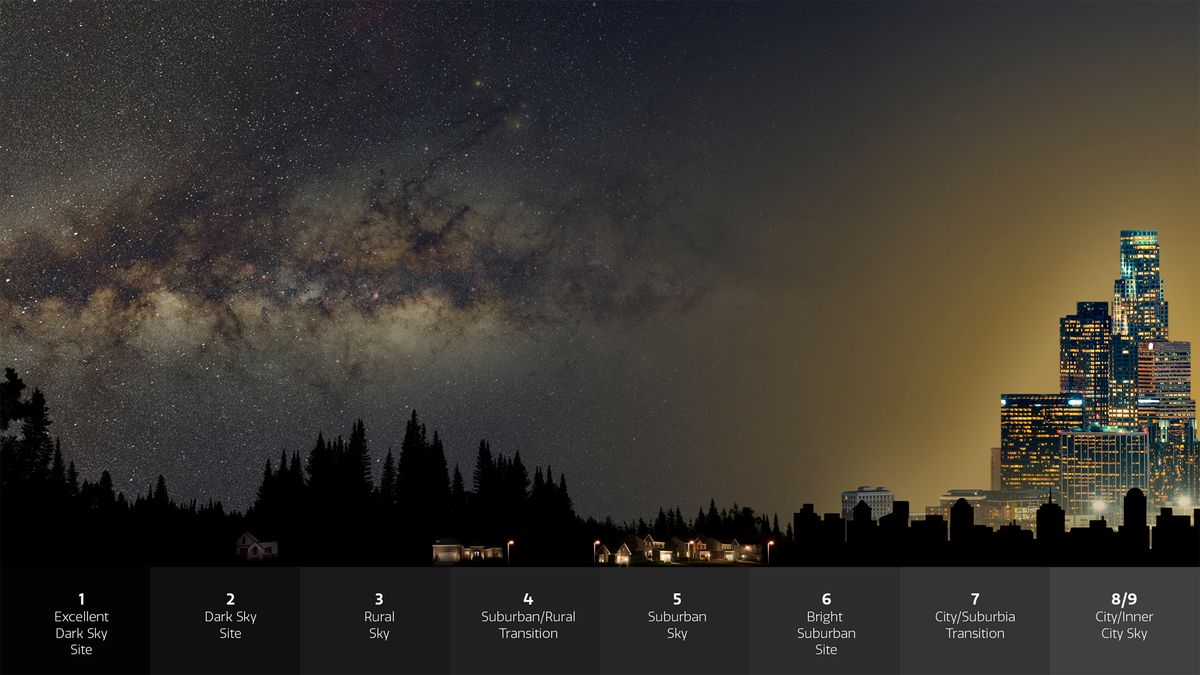Given the harmful effects of light pollution, a pair of astronomers has coined a new term to help focus efforts to combat it. Their term, as reported in a brief paper in the preprint database arXiv and a letter to the journal Science, is “noctalgia.” In general, it means “sky grief,” and it captures the collective pain we are experiencing as we continue to lose access to the night sky.



The city can be lit and bright and keep the light pollution to a low. If only street lights were on, and these were directed towards the ground.
Additionally, you’d use a different kind of light for street lights. On the island of Hawaii, that island specifically has a light pollution law that mandates all street lights have to use an orange light bulb, and they can only be in certain places. It’s amazing because you can see so many stars in the night sky.
If city lights are gonna be on 24/7, we should start to see if we can get traction for reduced brightness and installing less light polluting lights.
It’s technically not orange light bulbs they have to use, it’s a specific lamp style called ‘low pressure sodium’
Here’s an article that explains the reasoning behind Hawaii’s lighting sources and the regulations:
https://www.accessfixtures.com/hawaii-lighting-ordinances-dark-sky-regulations/
That site is claiming that phosphor-converted amber LEDs provide all the benefits of low-pressure sodium. They do not; one of the benefits of LPS is that astronomers have a very narrow frequency band to filter out, while PC amber is much wider. Monochromatic amber LEDs are more comparable to LPS.
We put a yellow bulb for our house porch light, and it doesn’t even attract bugs! It’s like a win/win.